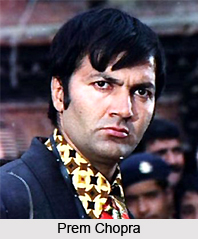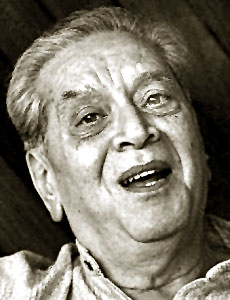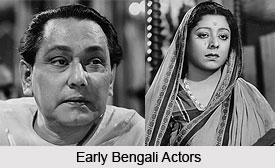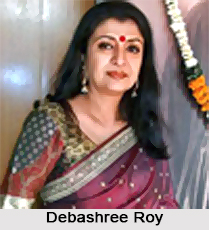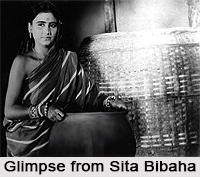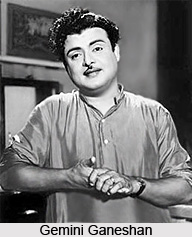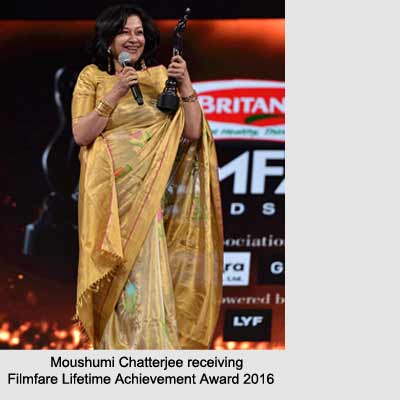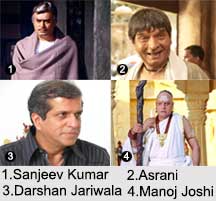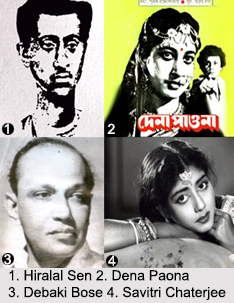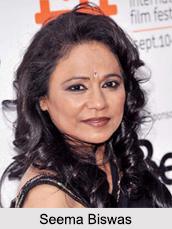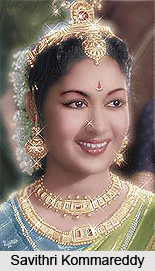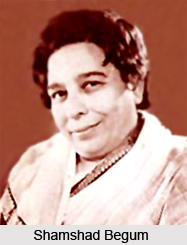 Shamshad Begum is an accomplished Indian playback singer, who is reckoned as one of the first playback singers in the film industry. She had been a pioneer of Bollywood`s music fraternity and the voice behind some of its most memorable hits. Legendary playback singer Shamshad Begum, who mesmerised music lovers with classics like Kahin Pe Nigahen Kahin Pe Nishaana, Mere Piya Gaye Rangoon, Kabhi Aar Kabhi Paar and Kajra Mohabbat Wala, died at her Mumbai residence from age related ailments at the age of 94.
Shamshad Begum is an accomplished Indian playback singer, who is reckoned as one of the first playback singers in the film industry. She had been a pioneer of Bollywood`s music fraternity and the voice behind some of its most memorable hits. Legendary playback singer Shamshad Begum, who mesmerised music lovers with classics like Kahin Pe Nigahen Kahin Pe Nishaana, Mere Piya Gaye Rangoon, Kabhi Aar Kabhi Paar and Kajra Mohabbat Wala, died at her Mumbai residence from age related ailments at the age of 94.
Early Life of Shamshad Begum
Shamshad was born on April 14, 1919 in Amritsar, Punjab. She was inducted into radio singing through Peshawar Radio. She has worked for Lahore as well as Delhi Stations. She made her debut at the Lahore station on December 16, 1937. The radio listeners were all mesmerised with the `enchanting depth` of her voice. A motion picture buff, she was a K L Saigal devotee and had reportedly watched Devdas 14 times. She vowed to father that she would never appear before the camera, and so forged a long and successful camera in the recording studio. In fact, so faithfully did she keep her promise to her father that the public at large did not know what she looked like till well into the 1970s.
The world of motion picture opened up to Shamshad Begum with AIR (All India Radio). Before the end of 1970s, nobody recognised her face. It was Naushad Ali and O.P.Nayyar who frequently made Shamshad sing to their tunes. She used to sing with her musical group-The Crown Imperial Theatrical Company of Performing Arts for All India Radio (AIR), based in Delhi.
Career of Shamshad Begum
Shamshad Begum apart from executing film songs has also recorded "naats" and devotional music with a couple of big gramophone recording companies. However during this time, sarangi maestro Ustad Hussain Bakshwale Saheb, after recognizing her talent took her as his disciple. It was an honour indeed for Shamshad. By that time, under the music direction of Lahore-based composer Ghulam Haider, she performed in some of his films like, Khazanchi (released in 1941) and Khandaan (released in 1942). When Haider moved to Mumbai in the year 1944, Shamshad Begum also shifted with him.
The Hindi film music scene in the thirties was dominated by tradition-imbued melodies of conservative and purist composers mostly belonging to the Bengal and Maharashtra school of film music. In striking contrast to these composers with their heavy classical leanings and theatrical moorings, was the Lahore-based Master Ghulam Haider who defied tradition, set a new trend and brought about a musical revolution with his effervescent and free-wheeling compositions like Sawan ke nazaare hain, laut gayi paapan andhiyaari, Ek kali naazon ki pali, Diwali phir aa gayi sajni... from Dalsukh Pancholi`s epoch-making money spinner "Khazanchi". These modern sounding rhythmings reverberated in the early forties and stirred the entire nation which was then reeling in the aftermath of World War II.
Ghulam Haider set his lilting melodies, which had the rich flavour of the lush folk songs of Punjab, to vibrant and vigorous rhythm and presented them through a new orotund singer named Shamshad Begum, who with her bold, bright and boisterous singing went on to become the leading and the highest paid numero uno star singer of the forties and acquired the legendary status in the dawn of her career.
Naushad Ali, Ram Ganguly, S.D. Burman, O.P. Nayyar, and Khemchand Prakash were the music directors who have recognized her talent. With songs like `O, Lagi Lagi` (Aaan), `Dhadkar Mera Dil` (Babul), `Teri Mehfil Main Kismat Azma kar Hum Bhi Dekhenge` (Mughal-E-Azam), `Chhau Main Rakha Virana` (Deedar), `Holi Aayi Re Kanhai` (Mother India), she became the `national rage`. The music of all the above mentioned songs was composed by Naushad.
Shamshad Begum later on sang the first Westernised song, Meri jaan...Sunday ke Sunday under the music direction of C. Ramchandra. After singing this song she fetched the honour of being the first one to render such a westernised song. She sang songs in the historical venture of Mehboob Khan`s `Humayun`, under the music direction of Master Ghulam Haider in 1944. Outstanding music directors like C. Ramchandra, S.D. Burman, Naushad, and O.P.Nayyar have used her vocals in most of their films.
Shamshad Begum became a `national rage` within the period of 1940s and late 1950s. Even after her formal retirement in 1960s, she sang `Kajra mohabbatwala ankhiyon mein aisa dala` for the film `Kismat`. The music for the song was composed by O.P. Nayyar and was declared a super hit. Her duet with Kishore Kumar, `Meri neendon main tum, meri khwabon mein tum` from the film Naya Andaz (music composed by O. P. Nayyar), was also a huge hit.
Shamshad Begum performed live, both on-stage and on All India Radio through her musical group. Other hits given by Shamshad Begum are `Kabhi Aar, Kabhi Paar` (Aar Paar), `Poochh Mera Kya Naam Re, Nadi Kinare Gaon Re` (CID) under the music composition of O.P. Nayyar. `Saiyan Dil main Aana Re, Aake Chhup Na Jana Re` (Bahaar - S. D. Burman), `Ai Dil Na Mujhe Yaad Dila` (Saawan Aaya Re - Khemchand Prakash) and `Kaahe Koyal Shor Machaye` (Aaag - Ram Ganguly) are other hits of Shamshad.
Many facets of this self-confessed untrained artiste include a vague repertoire which is a mix of romance, melancholy, innocence, coquetry and wisdom. Despite her absence from the public eye, Bollywood brought her songs back from obscurity with modern-day remixes.
In 2009, Shamshad Begum received the Padma Bhushan Awards, India`s third-highest civilian honour. The same year, she also received the O P Nayyar award for her contribution to the world of film music. Shamshad Begum was married to Ganpat Lal Batto who died in 1955. She is survived by her daughter Usha and son-in-law. She breathed her musical last on April 23, 2013.
A befitting tribute would be her song from "Mela" ("Carnival") (1948), a song also sung by singer Mukesh for a death scene: Dharti ko akaash pukaare, aaja aaja prem pujaare, aana hi hoga. Is duniya ko chodh ke pyaare jhoothe bandhan tod ke saare. ("The sky calls out to the earth; come, come, O worshipper of love, you have to. Leave this world behind, breaking all those untrue bonds.")








